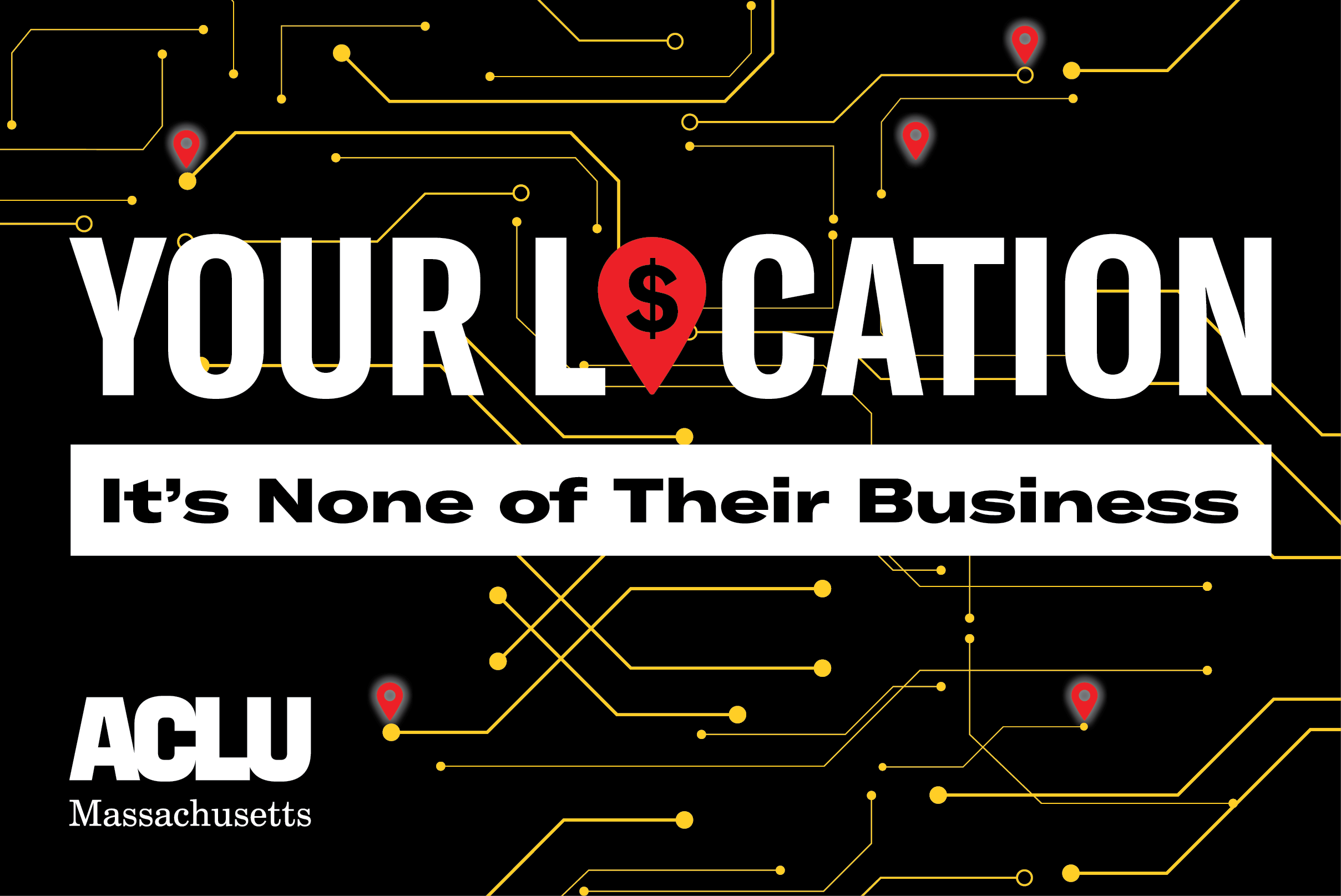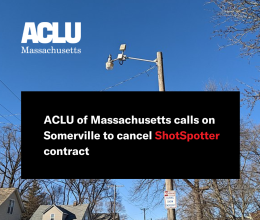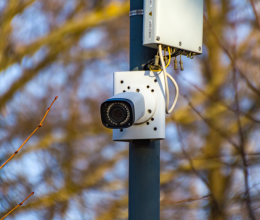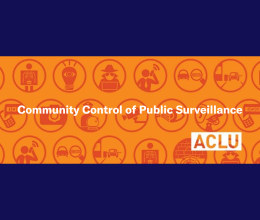
Every day, unregulated data brokers buy and sell personal location data from apps on our cellphones, revealing where we live, work, play, and more. To protect our privacy, safety, access to abortion and other essential health care, Massachusetts needs to ban this practice now by passing the Location Shield Act.
Voter Support | Location Shield Act
BACKGROUND
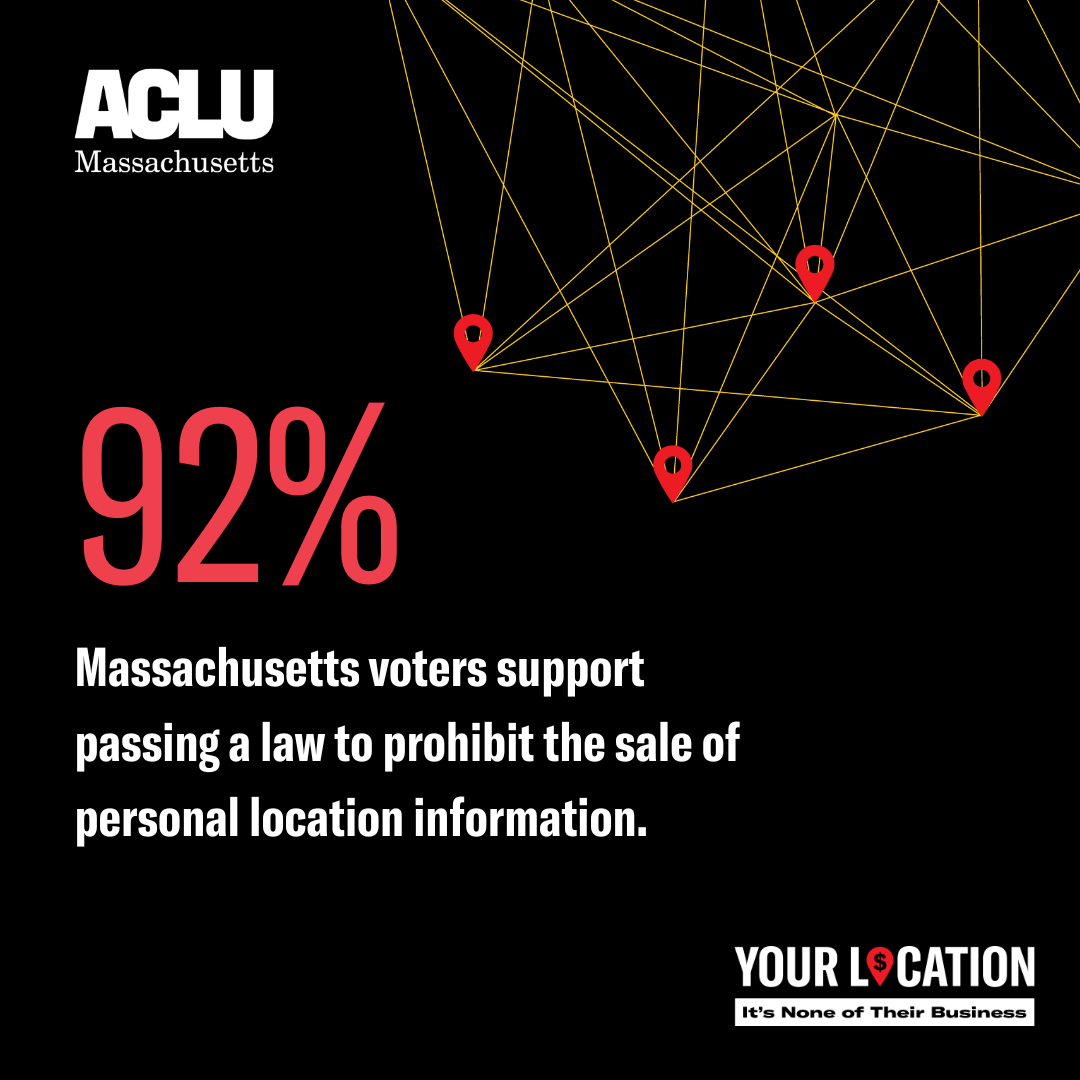
Our cellphones keep track of where we go, every minute of every day, revealing the most sensitive and intimate things about us. That personal location data can be used to provide useful services like maps, fitness tracking, and taxi rides. However, it can also be exploited for profit and extremist agendas, putting every cellphone user at risk.
Today, data brokers are allowed to buy this information, repackage it, and then sell it to anyone with a credit card. There are no state or federal laws prohibiting this practice.
PROTECTING ABORTION ACCESS
Our personal location information reveals the most sensitive and intimate things about each of us, and we all deserve legal protections to keep that information private.
In the aftermath of the Supreme Court’s Dobbs decision, for example, journalists found that data brokers have continued to buy, repackage, and sell the location information of people visiting sensitive locations including abortion clinics. This puts people who seek or provide care in our state at risk of prosecution and harassment, creating a vulnerability in our state’s post-Roe protections.
A HOST OF THREATS
Cellphone location data can be sold to other people seeking to cause harm:
- Domestic abusers can purchase location data to track the whereabouts of their victims.
- Foreign governments can buy location data and use it to track intelligence personnel, elected officials, military employees, police officers, and scientific researchers.
- Employers can buy cellphone location data to track and discriminate against employees
VOTERS SUPPORT A BAN
Bay Staters overwhelmingly agree: Using a cellphone shouldn’t require you to give up your privacy. Massachusetts should ban the sale and trade of our personal location data.
- Ninety-two percent (92%) of Massachusetts voters support passing a law to prohibit the sale of personal location data.
- By a 3-to-1 margin, voters think the state has a responsibility to protect the privacy of people’s location data.
- Massachusetts can protect people by banning the sale of cellphone location information. Massachusetts should lead the nation by passing this popular, commonsense privacy reform.
THE LOCATION SHIELD ACT
An Act protecting reproductive health access, LGBTQ lives, religious liberty, and freedom of movement by banning the sale of cell phone location information (H.357|S.148) would:
- Prohibit companies from selling, leasing, trading, or renting location data.
- Require companies to obtain consent before collecting or processing location data.
- Allow companies to collect and process location data — with user consent — for legitimate purposes, such as:
- Providing requested services to consumers
- Responding to emergencies
- Complying with state and federal law
